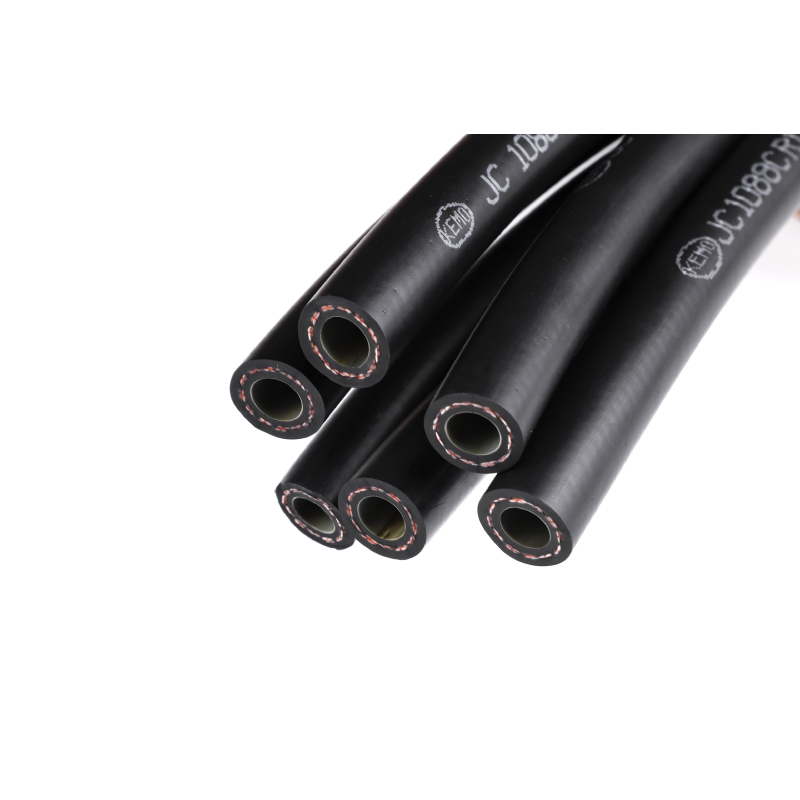Safety Standards and Innovations in Automotive Fuel Line Technology for Modern Vehicles
Dec . 29, 2024 09:14 Back to list
Safety Standards and Innovations in Automotive Fuel Line Technology for Modern Vehicles
Understanding Automotive Fuel Lines An Essential Component of Modern Vehicles
Automotive fuel lines play a crucial role in the functionality and efficiency of modern vehicles. These lines are responsible for transporting fuel from the vehicle's fuel tank to the engine, where it is mixed with air for combustion. In this article, we will delve into the importance of fuel lines, the materials used in their construction, the potential issues that may arise, and the best practices for maintenance.
The Importance of Fuel Lines
Fuel lines are vital for the safe and efficient operation of an automotive engine. They ensure that the right amount of fuel reaches the engine under the right pressure. If the fuel lines are damaged or malfunctioning, it can lead to a myriad of problems, including decreased engine performance, increased emissions, and even dangerous fuel leaks. The reliability of fuel lines is especially critical in today’s fuel-efficient and performance-oriented vehicles, where precise fuel delivery is necessary for optimal operation.
Materials Used in Fuel Lines
Traditionally, automotive fuel lines were made from metal, primarily steel or aluminum, which offered durability and high resistance to heat and pressure. However, as technology advanced, manufacturers began using polymer materials such as nylon or rubber. These materials are lightweight and corrosion-resistant, making them increasingly popular in modern automobiles.
In recent years, advancements in technology have led to the development of multi-layer fuel lines that combine different materials to optimize performance. Such lines may include an inner layer that offers excellent fuel resistance, a core layer for pressure capabilities, and an outer layer designed to withstand environmental factors such as UV radiation and extreme temperatures.
Common Issues with Fuel Lines
Despite their robustness, fuel lines are not impervious to problems. Over time, exposure to heat, vibration, and harsh conditions can lead to wear and tear. Common issues include
automotive fuel line

1. Leaking Fuel Lines This is one of the most serious problems and can pose significant safety risks, including the threat of fire. Damage may occur due to rust in metal lines or cracking in rubber lines.
2. Clogs Fuel lines can become clogged due to dirt or debris, restricting fuel flow and causing engine performance issues. This often requires cleaning or replacement of the affected segment.
3. Corrosion Metal fuel lines are susceptible to corrosion, especially when exposed to moisture and certain fuels. Regular inspections can help detect corrosion before it leads to a failure.
4. Improper Installation Fuel lines must be installed correctly to ensure they function as intended. Poor installation can lead to leaks or breakage, often due to excessive bending or pinching of the lines.
Maintenance and Best Practices
Maintaining fuel lines is essential for vehicle safety and performance. Regular inspection is key. Vehicle owners should visually check for signs of leaks, wear, or corrosion and ensure that fuel lines are properly secured. If any irregularities are detected, it is advisable to consult a professional mechanic.
Furthermore, when replacing fuel lines, it is recommended to use OEM (Original Equipment Manufacturer) parts or high-quality aftermarket alternatives. This ensures compatibility and reliability. It is also critical to follow proper installation practices, as detailed by manufacturer guidelines, to avoid potential issues down the line.
Conclusion
In conclusion, automotive fuel lines are a fundamental component of vehicle operation, playing a significant role in delivering fuel efficiently and safely to the engine. Understanding their importance, the materials used, potential issues, and maintenance practices can greatly enhance vehicle safety and performance. With proper care and timely inspections, vehicle owners can ensure that their fuel lines operate effectively throughout the life of the vehicle, contributing to a smoother and more reliable driving experience.
